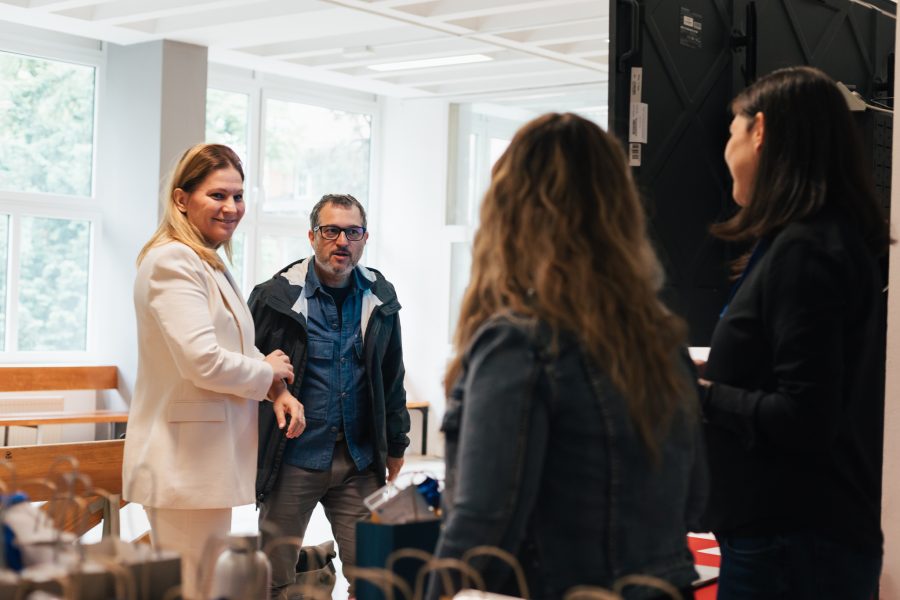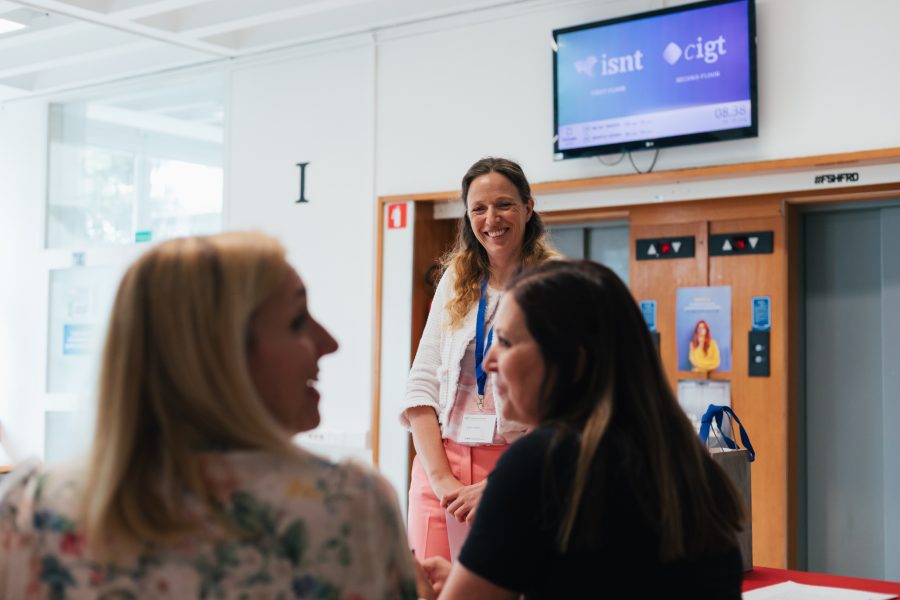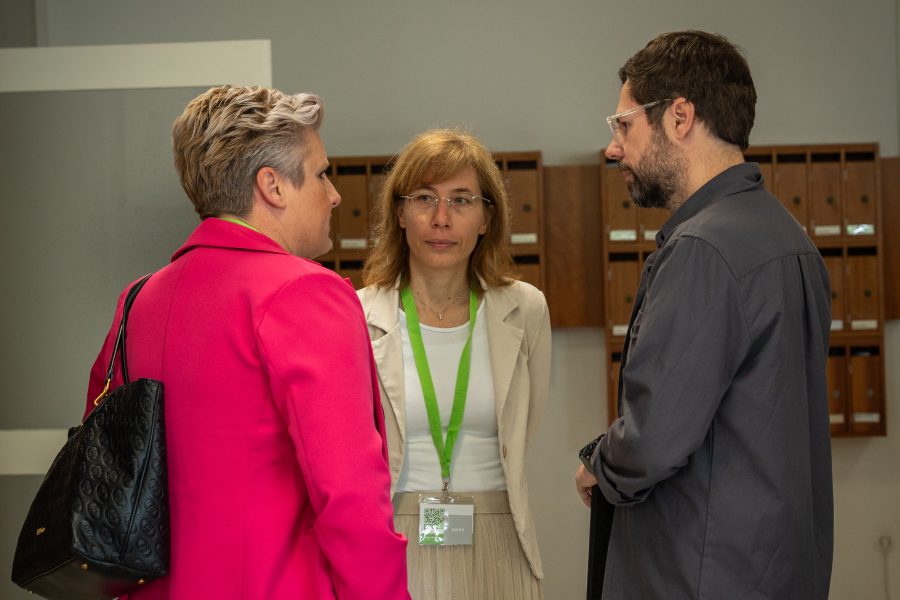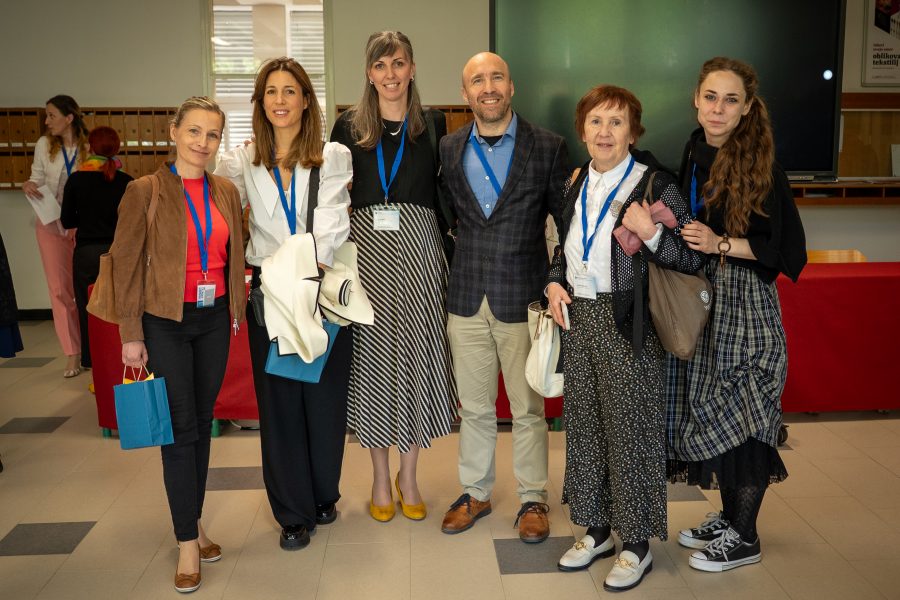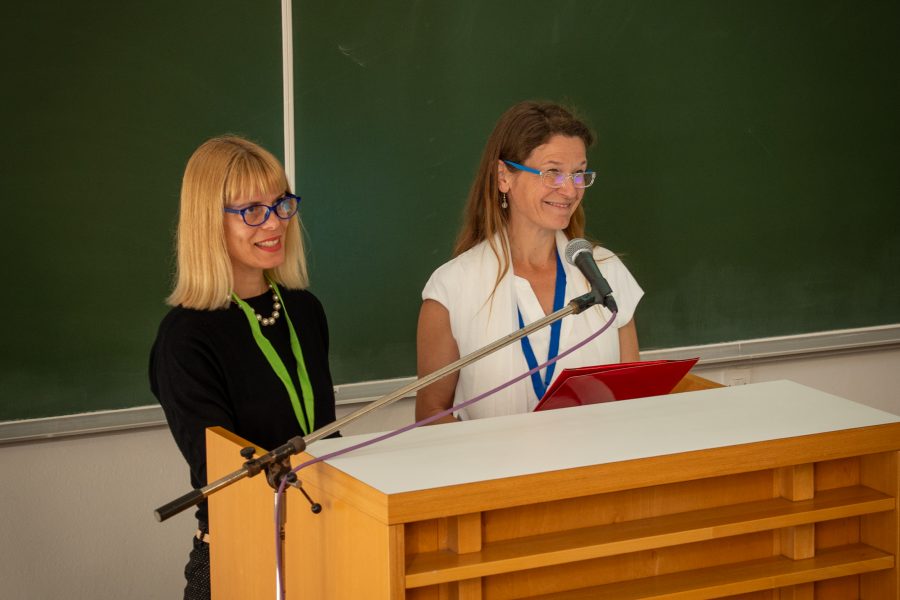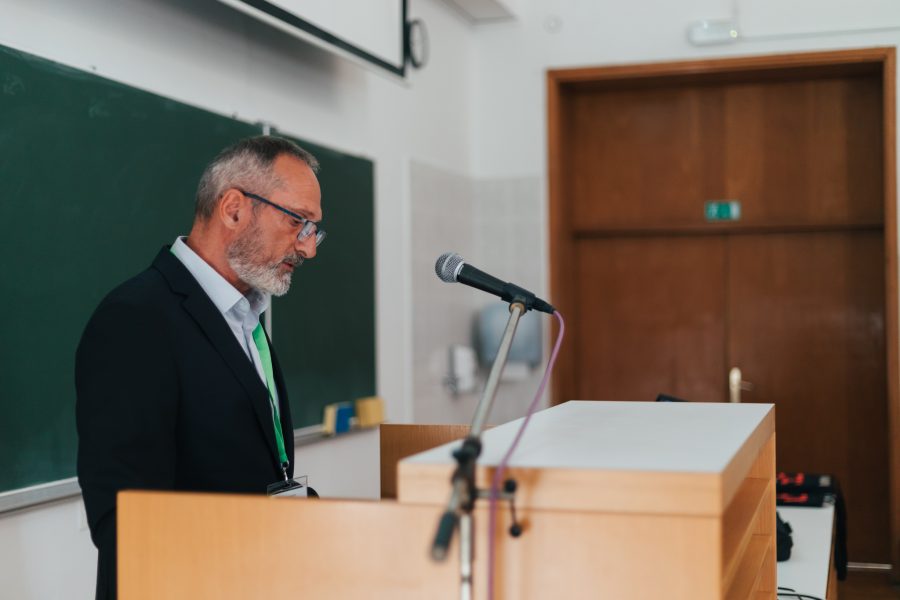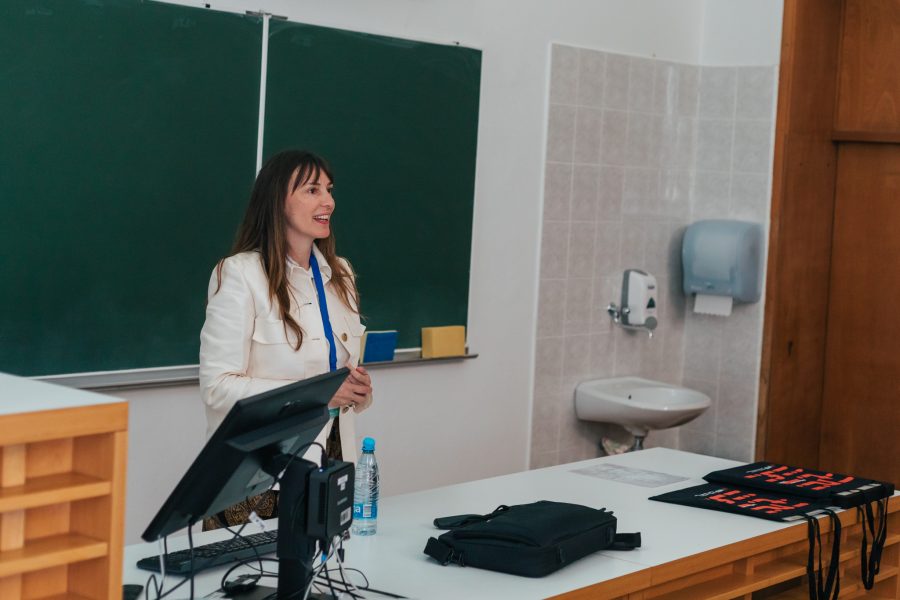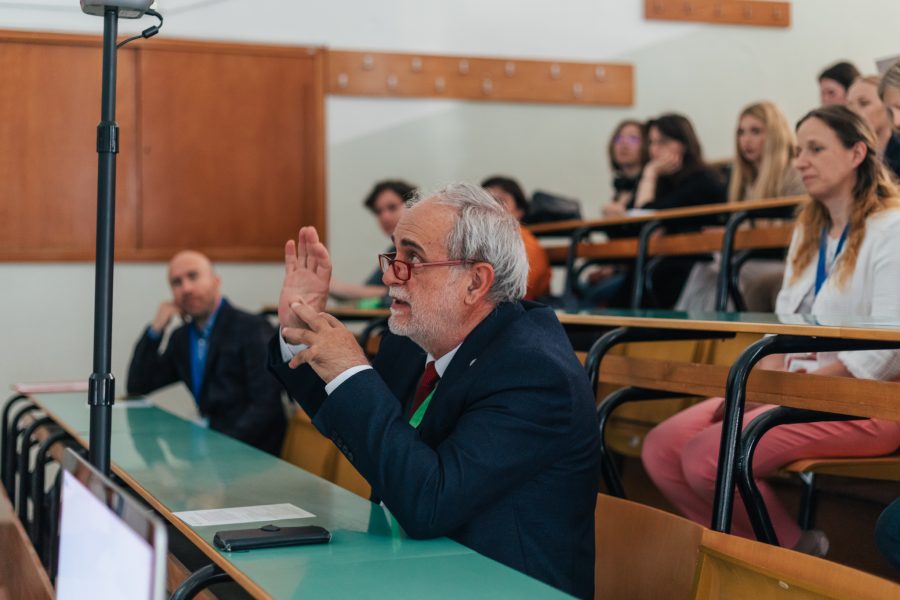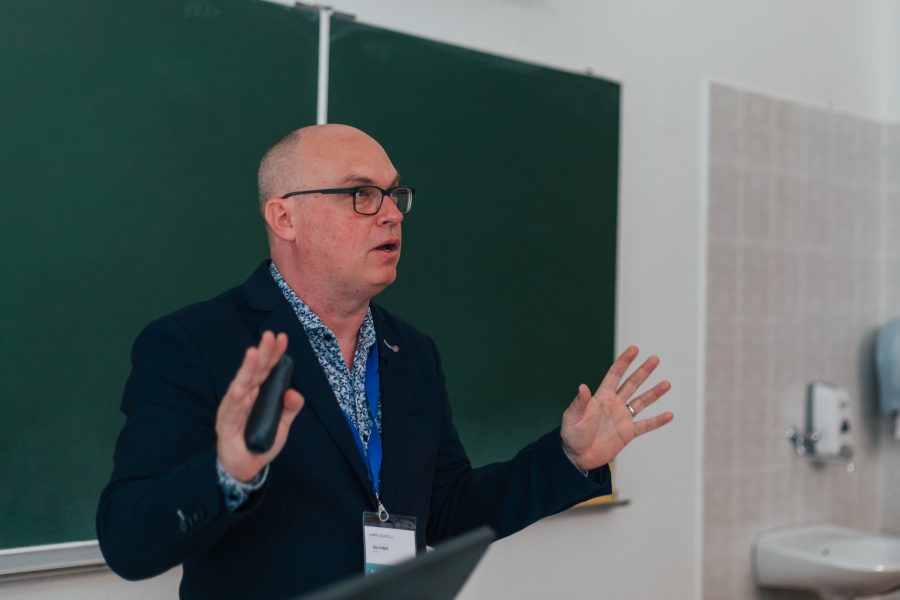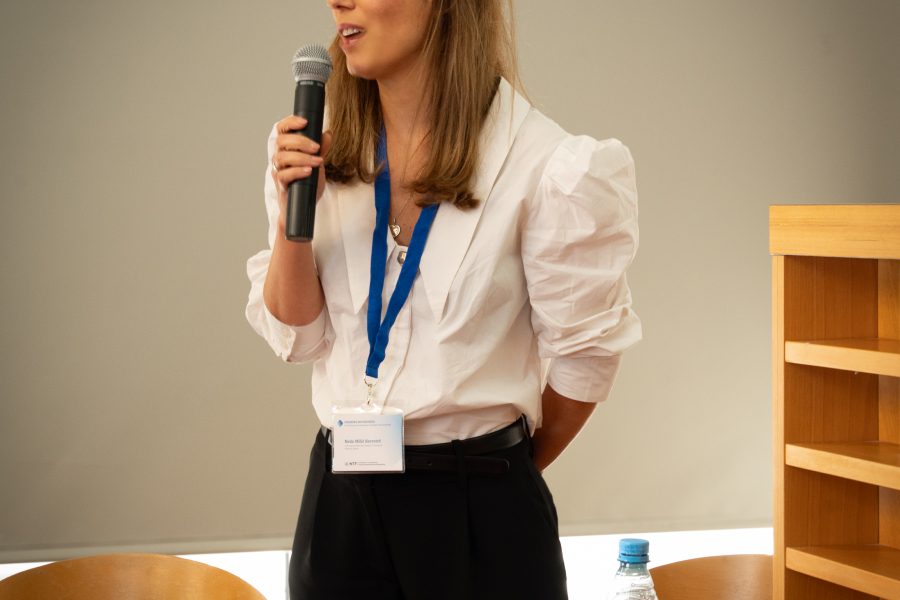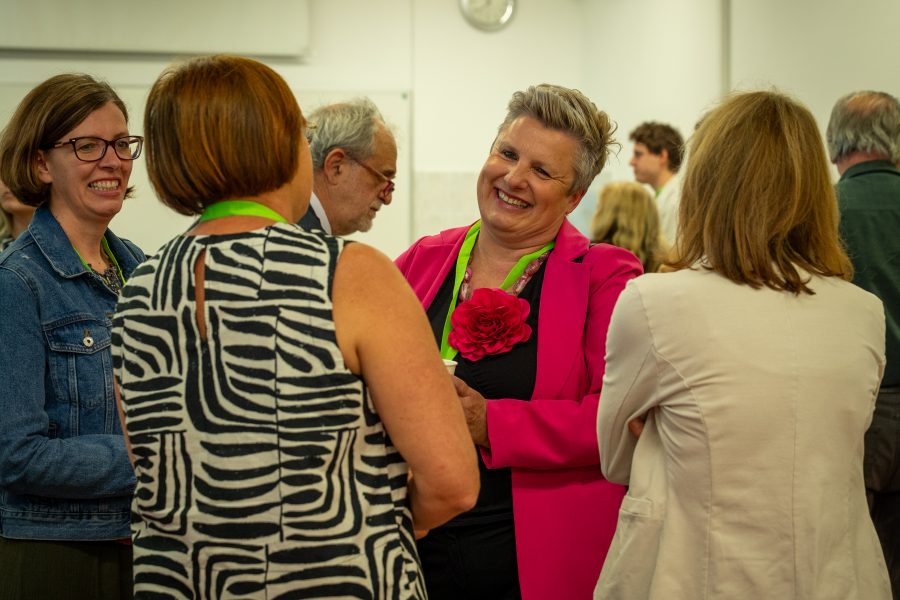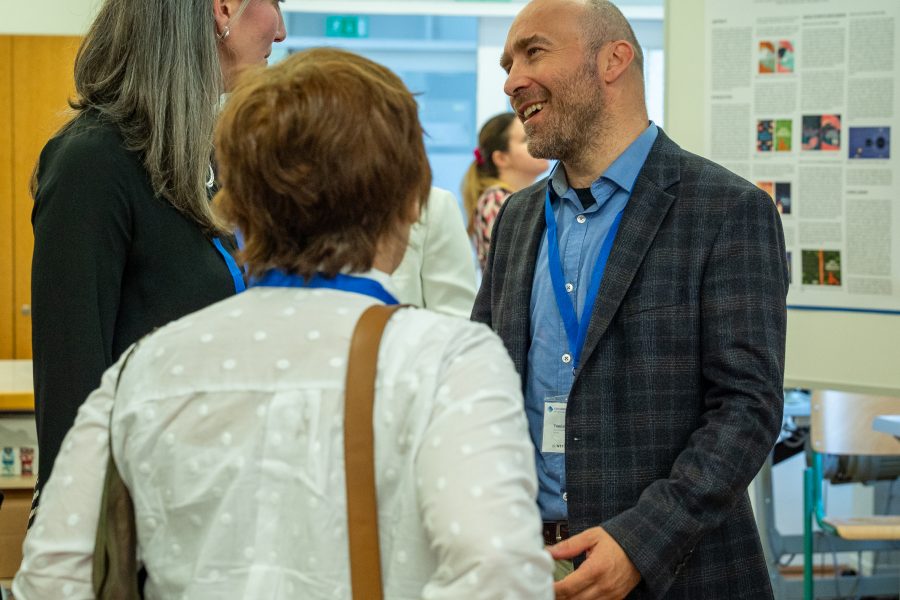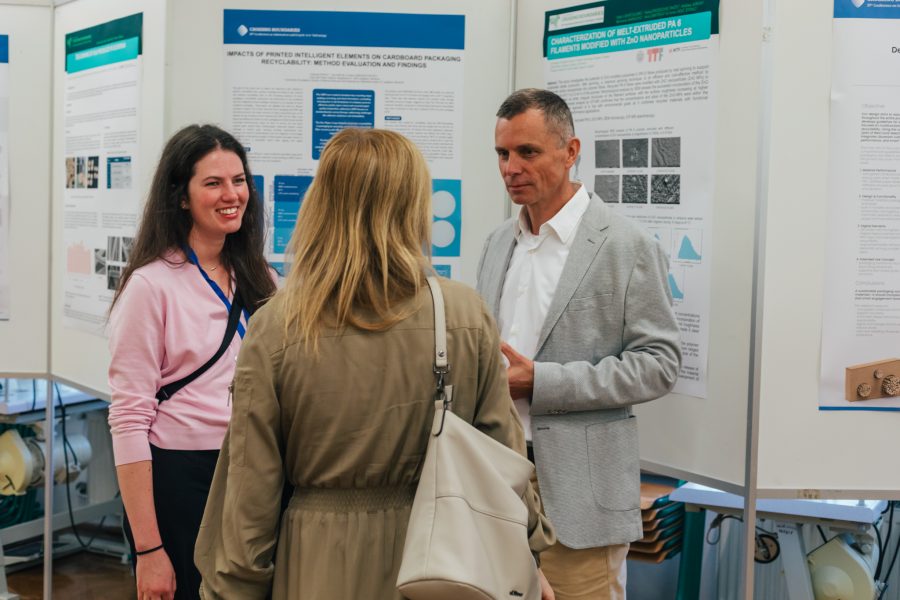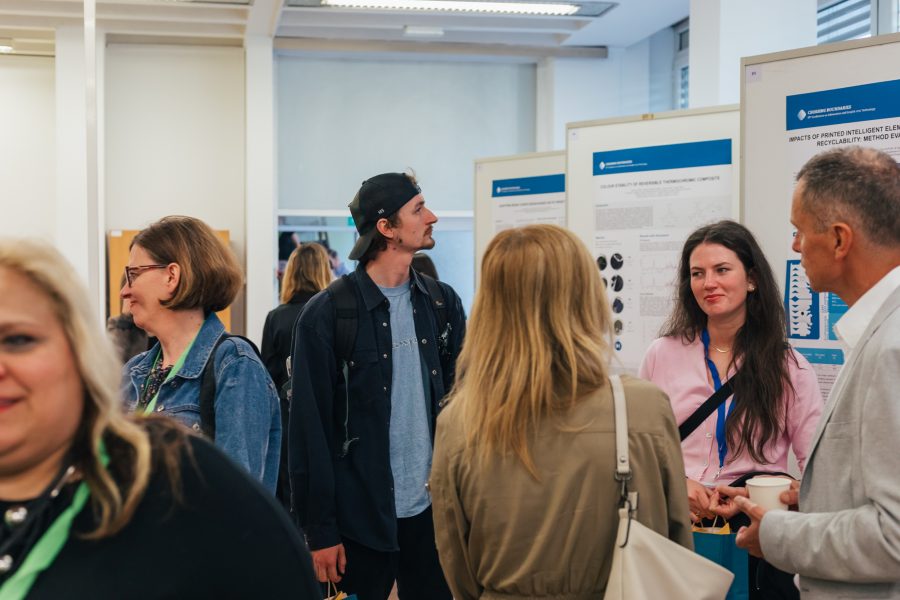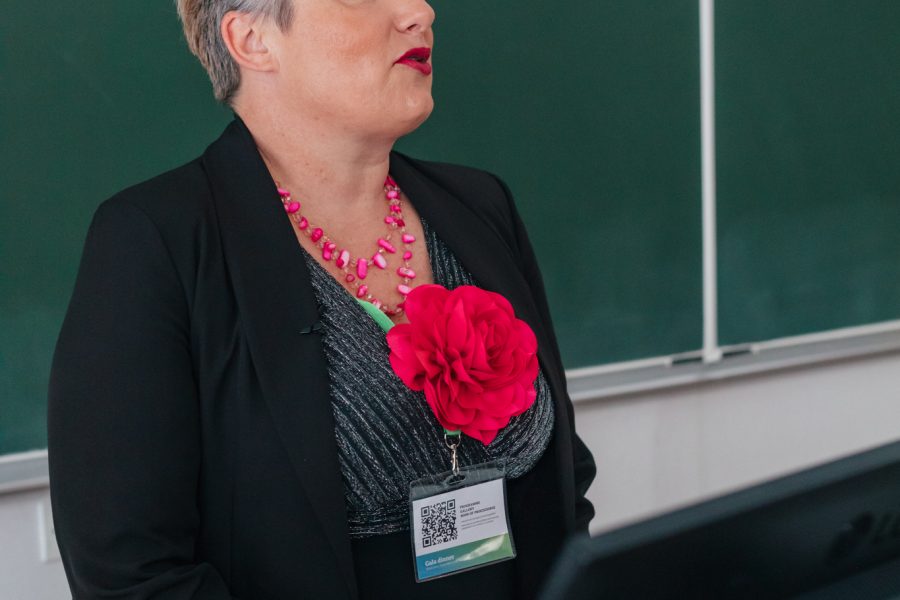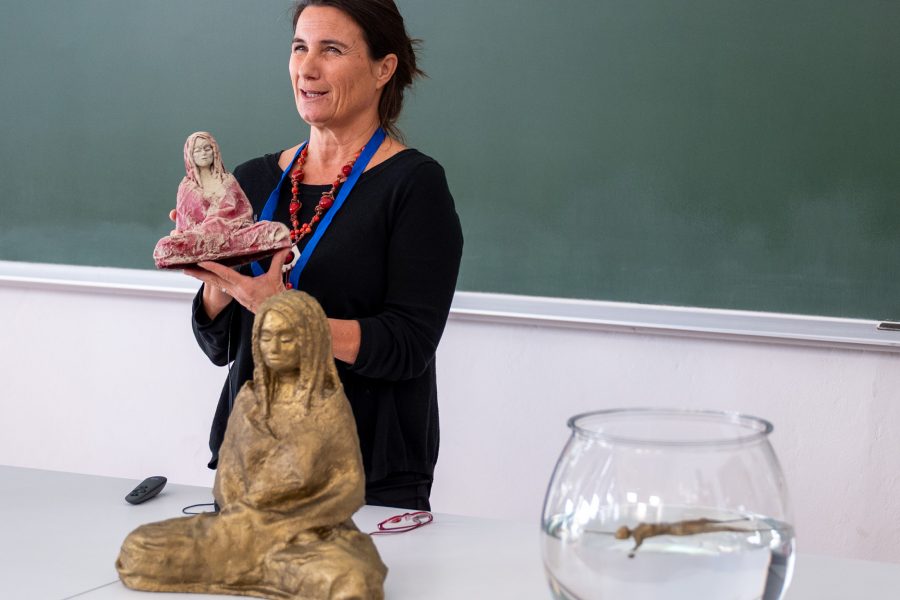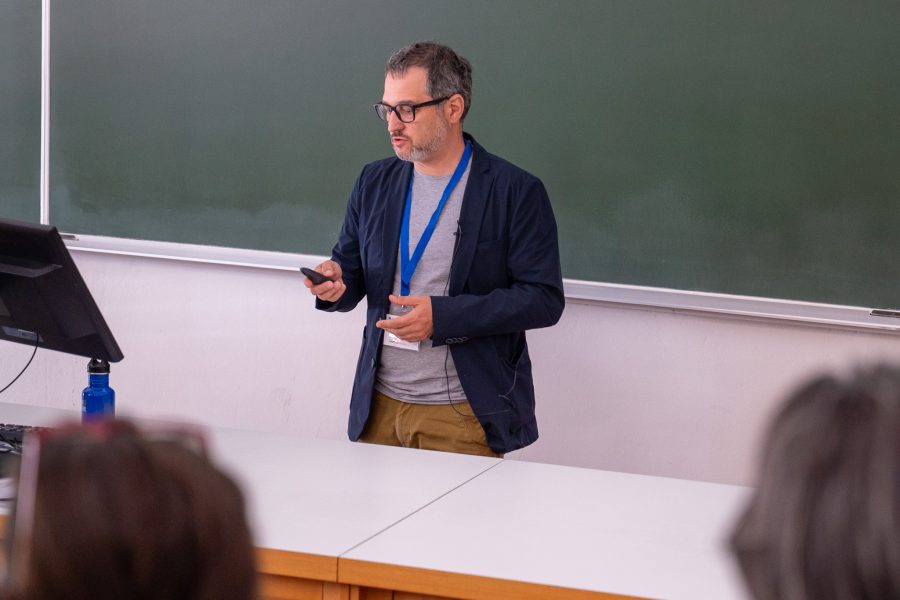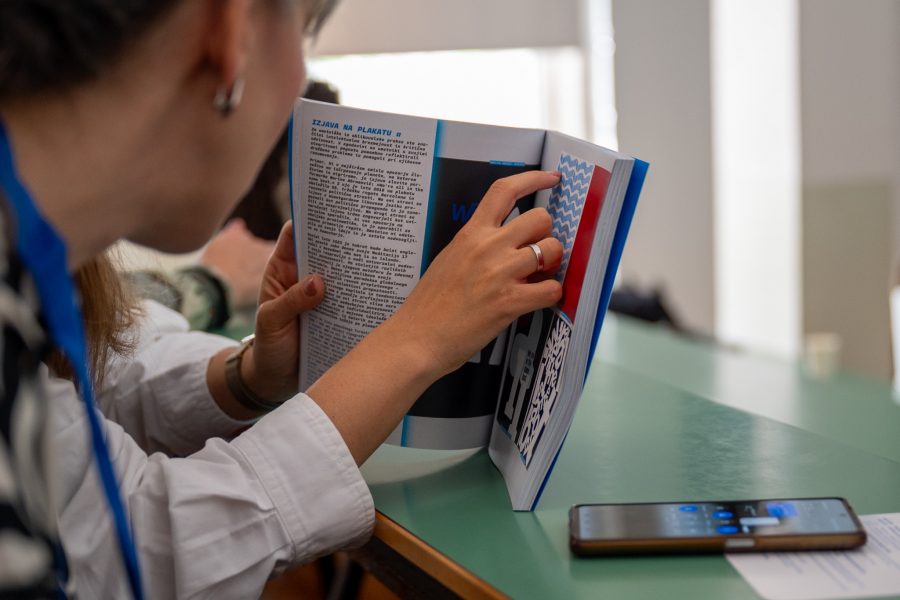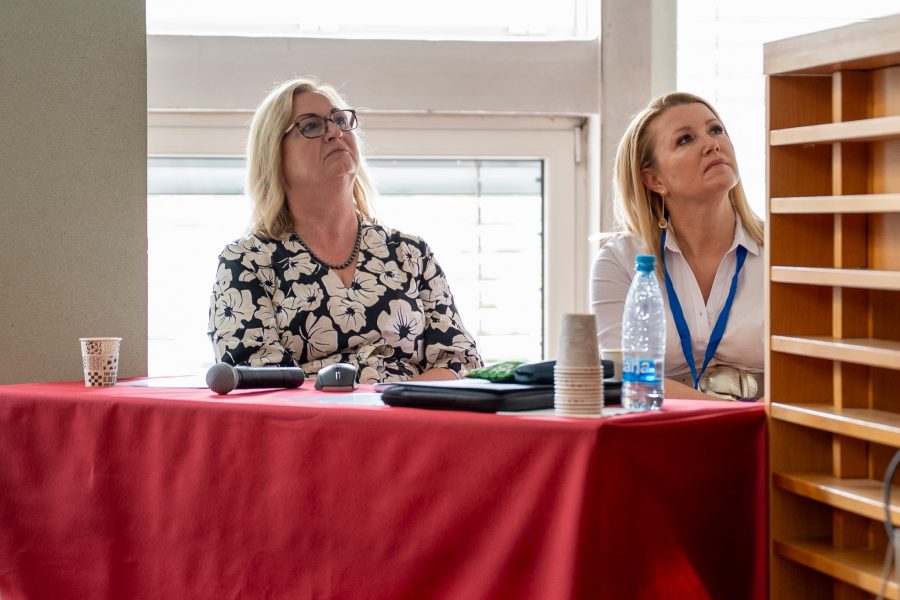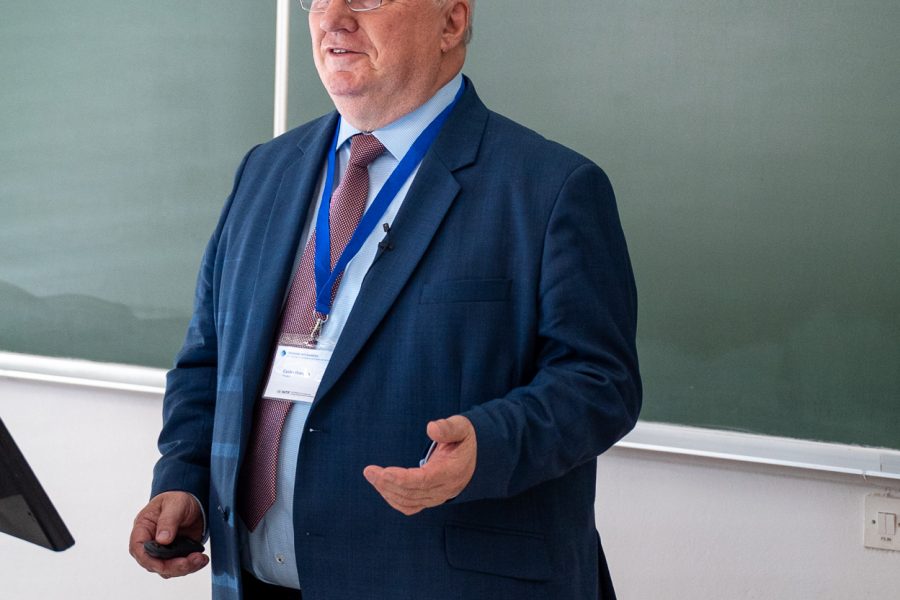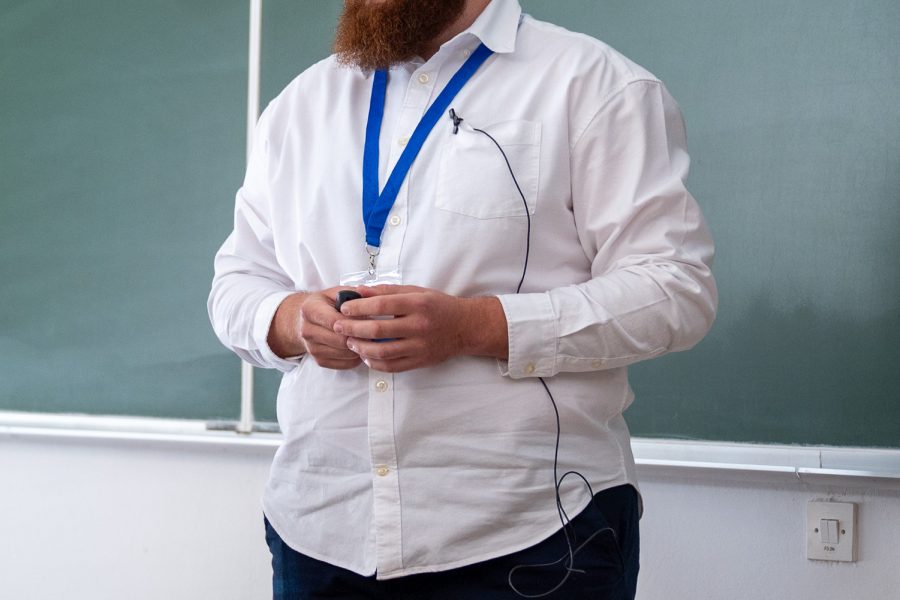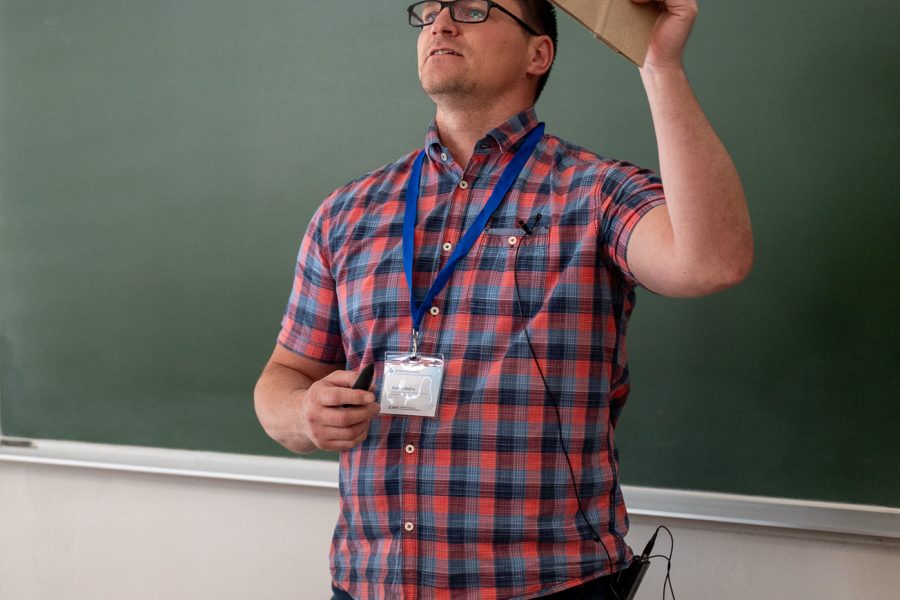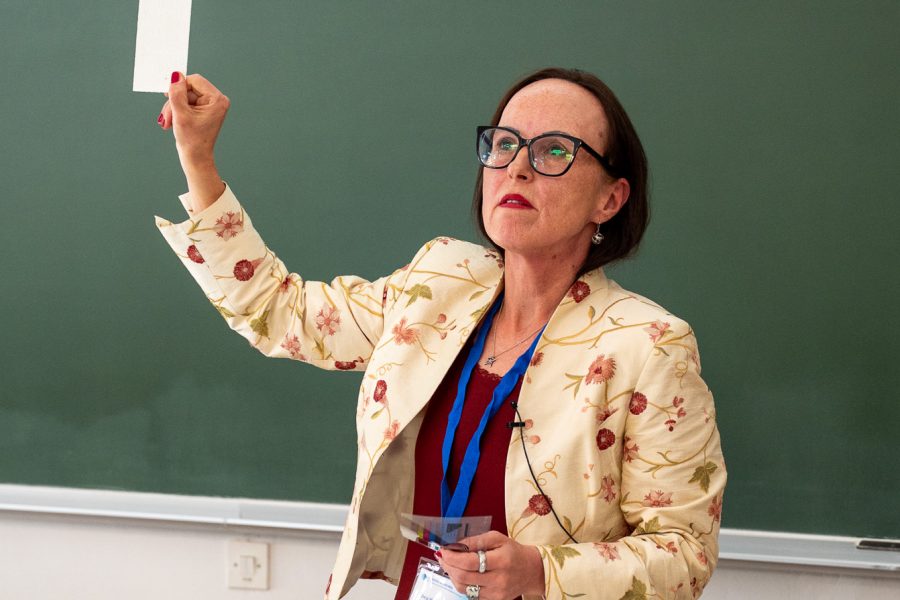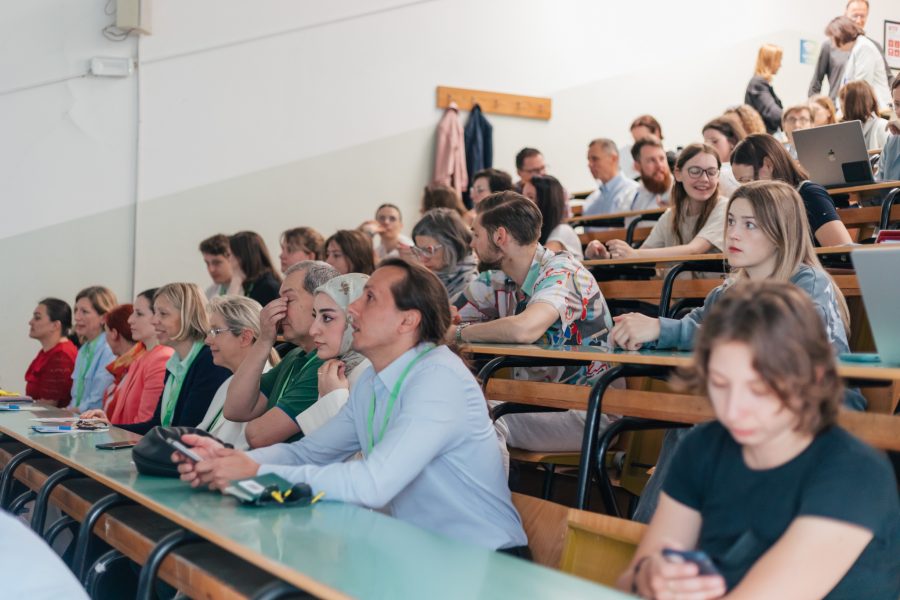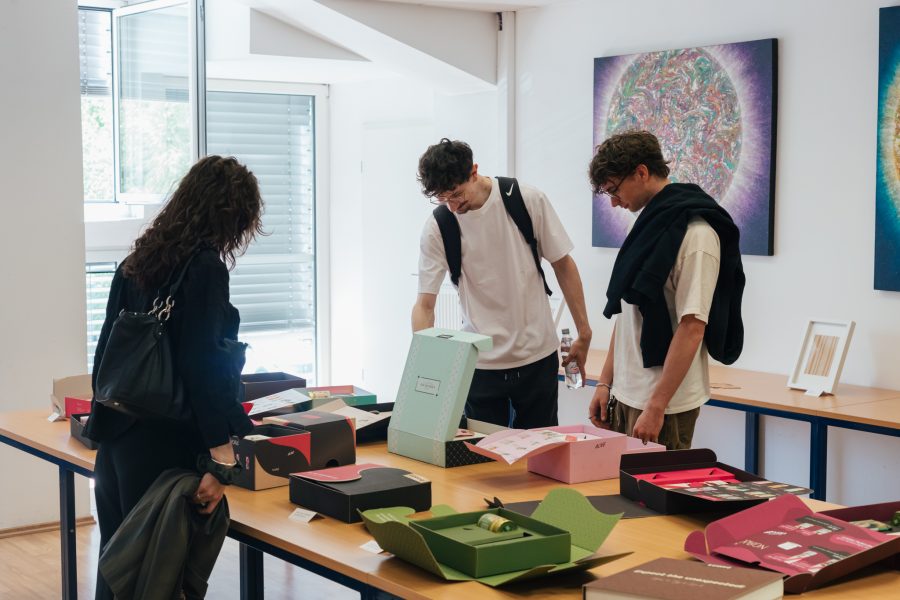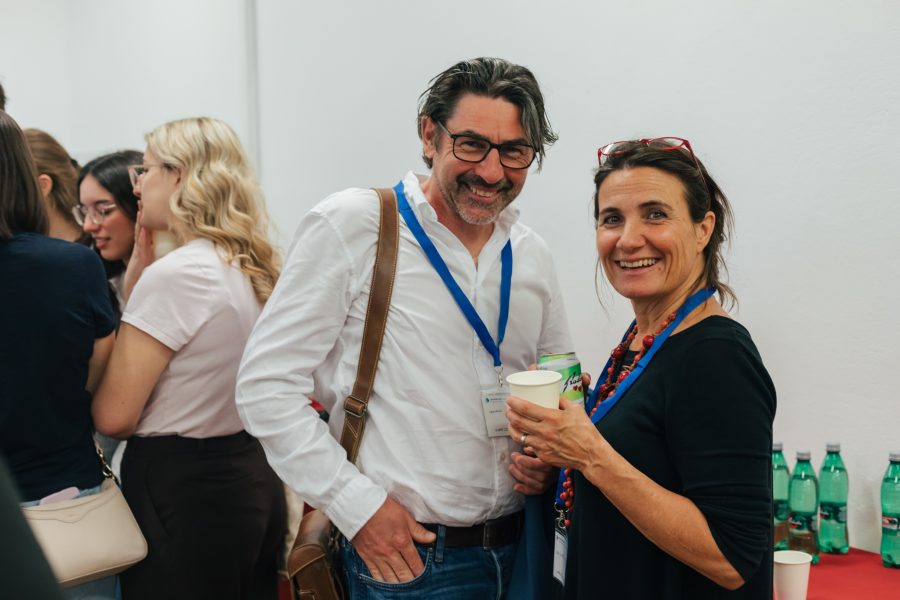The Conference on Information and Graphic Arts Technology is dedicated to publishing novel research papers in the fields of graphic communications, (multi)media, graphic design, web- and program application design, typography, prepress, 2D and 3D printing, postpress, photography, video, graphic materials, packaging, ecology, electronic publishing and other related topics listed on the Conference website.
Conference Proceedings will contain original papers that have not been published previously (original scientific paper, review paper, professional paper). Contributions to the Proceedings shall be submitted in the English language, with abstracts in English.
EDITORIAL STAFF POLICY AND RESPONSIBILITIES
The Editorial staff is responsible for deciding which articles submitted to the Proceedings will be published. They reserve the right to decide not to publish a submitted manuscript when it is found that it does not meet relevant standards concerning the content and formal aspects. The Editorial staff will inform the authors whether the manuscript is accepted for publication within one month from the date of its submission.
The Editorial staff must hold no conflict of interest regarding the articles they consider for publication. If this happens to be the case, the selection of reviewers and all decisions on that paper shall be made by the Programme committee.
The Editorial staff shall evaluate manuscripts for their intellectual content free from any racial, gender, sexual, religious, ethnic or political bias.
The Editorial staff shall take all reasonable measures to ensure that the reviewers remain anonymous to the authors before, during and after the evaluation process.
PUBLICATION ETHICS
Author’s Responsibilities
The Authors warrant that their manuscript is their original work, that it has not been published before and is not under consideration for publication elsewhere.
It is the responsibility of each author to ensure that papers submitted to the Conference are written with ethical standards in mind. Authors affirm that the article contains no unfounded or unlawful statements and does not violate the rights of third parties. The Publisher will not be held legally responsible should there be any claims for compensation.
Reporting Standards
A submitted manuscript should contain sufficient detail and references to permit reviewers and, subsequently, readers to verify the claims presented in it. A deliberate presentation of false claims is a violation of ethical standards. Authors are exclusively responsible for the contents of their submissions and must make sure that they have permission from all involved parties to make the data public.
Authors wishing to include figures, tables or other materials that have already been published elsewhere are required to obtain permission from the copyright holder(s). Any material received without such evidence will be assumed to originate from the authors.
Authorship
Authors must make sure that all contributors who have significantly contributed to the submission are listed as authors. If persons other than authors were involved in important aspects of the research project and the preparation of the manuscript, their contribution should be acknowledged in a footnote or the Acknowledgments section.
Acknowledgment of Sources
Authors are required to properly cite sources that have significantly influenced their research and their manuscript. Information received in a private conversation or correspondence with third parties, in reviewing project applications, manuscripts and similar materials, must not be used without a written consent of the information source.
Plagiarism
Plagiarism, where someone assumes another’s ideas, words or other creative expressions as their own, is a clear violation of scientific ethics. Plagiarism may also involve a violation of copyright law, punishable by legal action. Plagiarism includes the following:
Word for word, or almost word for word copying, or purposely paraphrasing portions of another author’s work without clearly indicating the source or marking the copied fragment;
Copying equations, figures or tables from someone else’s paper without properly citing the source and/or without permission from the original author or the copyright holder.
Please note that all submissions are thoroughly checked for plagiarism. Any paper which shows obvious signs of plagiarism will be automatically rejected.
Conflict of Interest
Authors should disclose in their manuscript any financial or other substantive conflicts of interest that might have influenced the presented results or their interpretation.
Fundamental Errors in Published Works
When an author discovers a significant error or inaccuracy in their own published work, it is the author’s obligation to promptly notify the Proceedings editor or Publisher and cooperate with the Editor to retract or correct the paper. By submitting a manuscript, the authors agree to abide by the Conference Proceedings policy.
PEER REVIEW
The submitted manuscripts are subject to a peer review process. The purpose of peer review is to assists the Editorial staff in making editorial decisions and through the editorial communications with the author, it may also assist the author in improving the paper.
The peer review process is usually completed within one month.
The choice of reviewers is at the discretion of Editorial staff. The reviewers must be knowledgeable about the subject area of the manuscript; they must not be from the author’s own institution, and they should not have recent joint publications with any of the authors.
In the main review phase, the Editor sends submitted papers to 2 experts in the field. The reviewers’ evaluation form contains a checklist to help reviewers cover all aspects that affect the decision regarding acceptance/rejection of a submission. In the final section of the evaluation form, the reviewers must include observations and suggestions aimed at improving the submitted manuscript; these are sent to authors, without the names of the reviewers.
All the reviewers of a manuscript remain anonymous to the authors before, during and after the evaluation process. All the reviewers of a paper act independently and they are not aware of each other’s identities. If the decisions of two reviewers are not the same (accept/reject), the Editor may assign additional reviewers. During the review process, the Editor may require authors to provide additional information (including raw data) if this is necessary for the evaluation of the scholarly merit of a manuscript. These materials shall be kept confidential and must not be used for personal gain.
REVIEWERS’ RESPONSIBILITIES
Reviewers are required to provide written, competent and unbiased feedback in a timely manner on the scholarly merits and the scientific value of a manuscript.
The reviewers assess a manuscript for the compliance with the profile of the Proceedings, the relevance of the investigated topic and applied methods, the originality and scientific relevance of information presented in the manuscript, presentation style and scholarly apparatus.
Reviewers should alert the Editor to any well-founded suspicions or the knowledge of possible violations of ethical standards by the authors. Reviewers should recognise relevant published works that have not been cited by the authors and alert the Editor to substantial similarities between a reviewed manuscript and any manuscript published or under consideration for publication elsewhere if they are aware of such issues. Reviewers should also alert the Editor to a parallel submission of the same paper to another journal or proceedings, in case they are aware of such.
Reviewers must not have a conflict of interest with respect to the research, the authors and/or the funding sources for the research. If such conflicts exist, the reviewers must report them to the Editor without delay.
Any selected reviewer who feels unqualified to review the research reported in a manuscript or knows that its prompt review will be impossible should notify the Editor without delay.
Reviews must be conducted objectively. Personal criticism of the author is inappropriate. Reviewers should express their views clearly with supporting arguments.
Any manuscript received for a review must be treated as a confidential document. Reviewers must not use unpublished materials disclosed in submitted manuscripts without the express written consent of the authors. The information and ideas presented in submitted manuscripts shall be kept confidential and must not be used for personal gain.
RETRACTION POLICY
Legal limitations of the Publisher, copyright holder or author(s), infringements of professional ethical codes, such as multiple submissions, bogus claims of authorship, plagiarism, fraudulent use of data or any major misconduct require retraction of an article. Occasionally, a retraction can be used to correct errors in submission or publication. The main reason for withdrawal or retraction is to correct the mistake while preserving the integrity of science; it is not to punish the author.
OPEN ACCESS POLICY
Conference Proceedings are open access proceedings. All articles can be downloaded free of charge. No fee will be charged at submission, reviewing and in production stages.
Self-Archiving Policy
Conference Proceedings allow authors to deposit Publisher’s version/PDF in an institutional repository and non-commercial subject-based repositories or to publish it on author’s personal website (including social networking sites, such as ResearchGate, Academia.edu etc.) at any time after publication. Full bibliographic information (authors, article title, journal title, volume, issue, pages) about the original publication must be provided.
Copyright
Authors retain copyright of the published papers and have the right to use the article in the ways permitted to third parties under the Editorial staff. Authors grant to the Publisher the right to publish the article to be cited as its original publisher in case of reuse, and to distribute it in all forms and media.
DISCLAIMER
The views expressed in the published works do not express the views of the Editorial Staff. The authors take legal and moral responsibility for the ideas expressed in the articles. The Publisher shall have no liability in the event of the issuance of any claims for damages. The Publisher will not be held legally responsible should there be any claims for compensation.


